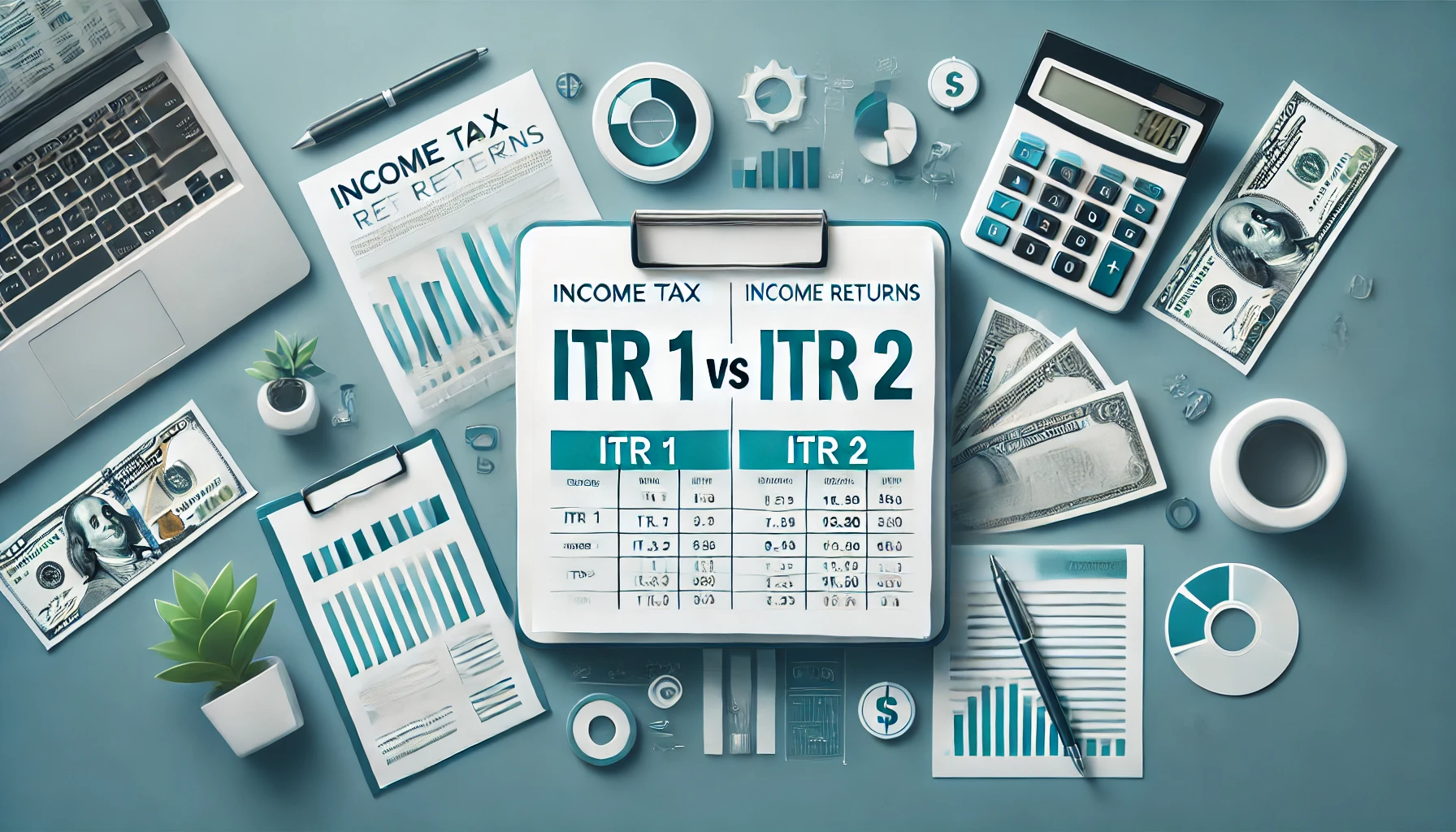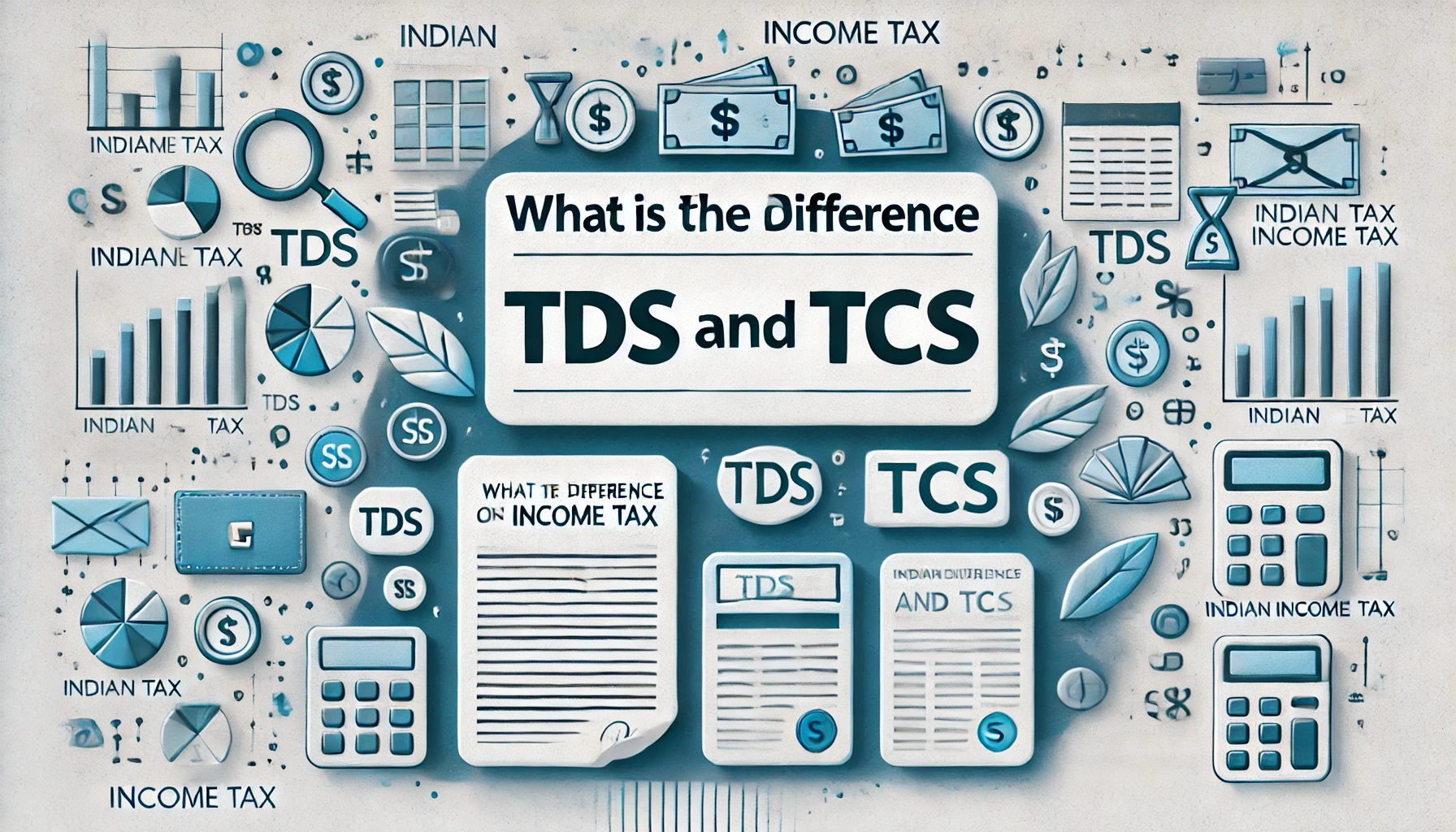The Indian startup ecosystem is one of the fastest-growing in the world, attracting both domestic and international investments. Recognizing the potential of startups to drive economic growth and innovation, the Indian government has introduced several tax incentives aimed at encouraging entrepreneurship. These incentives not only reduce the financial burden on startups but also enable them to reinvest in their growth.
In this blog, we will explore the various tax incentives available to startups in India, including deductions, exemptions, and tax holidays. Whether you are a budding entrepreneur or an established business owner, understanding these incentives can help you optimize your tax planning and increase profitability.
The Startup India Initiative
Before diving into specific tax incentives, it is important to understand the Startup India Initiative. Launched in 2016, this initiative was designed to foster innovation, create jobs, and make India a global startup hub. Under this initiative, the government offers a range of benefits to eligible startups, including funding support, tax benefits, ease of doing business, and intellectual property rights protection.
Startups that meet certain eligibility criteria can register under the Department for Promotion of Industry and Internal Trade (DPIIT) to avail of these benefits. Once registered, startups can take advantage of the various tax incentives discussed below.
1. Tax Holiday Under Section 80-IAC
One of the most significant tax benefits available to startups in India is the tax holiday under Section 80-IAC. This section provides eligible startups with a 100% tax exemption on profits for three consecutive years out of the first ten years of incorporation.
Key Features of Section 80-IAC:
- Eligibility: Startups must be recognized by DPIIT and incorporated between April 1, 2016, and March 31, 2024.
- Period of Tax Exemption: The exemption can be claimed for any three consecutive years within the first ten years from the date of incorporation.
- Industry Scope: The benefit is available to startups involved in innovation, development, deployment, or commercialization of new products, processes, or services driven by technology or intellectual property.
This tax holiday allows startups to reinvest their profits into scaling their operations without worrying about income tax obligations during the initial growth phase.
2. Exemption from Angel Tax
Angel tax was introduced in 2012 to target unaccounted money being invested in startups under the guise of equity investments. Under Section 56(2)(viib), any premium received by a startup over the fair market value of shares issued is considered income and subject to taxation.
However, angel tax proved to be a major burden for startups, as genuine investments were also taxed. To address this issue, the government introduced an exemption for DPIIT-registered startups. This exemption provides relief from angel tax on investments received from resident investors.
Key Features of Angel Tax Exemption:
- Eligibility: Startups must be registered with DPIIT.
- Scope: The exemption applies to investments made by resident investors, including angel investors, family, and friends.
- Limit: The total paid-up share capital and share premium after the issue should not exceed ₹25 crore.
By exempting startups from angel tax, the government has encouraged investment in early-stage businesses, allowing them to raise capital without the fear of additional tax burdens.
3. Tax Exemption on Long-Term Capital Gains
Startups often require significant funding for expansion, and many founders sell assets or investments to raise capital. To promote investment in startups, the government offers a tax exemption on long-term capital gains under Section 54EE.
Key Features of Section 54EE:
- Eligibility: The exemption is available on the sale of long-term capital assets.
- Utilization: The capital gains must be invested in the funds notified by the government within six months from the date of the transfer.
- Limit: The maximum exemption allowed is ₹50 lakh.
This incentive encourages entrepreneurs to invest their capital gains in notified funds, which are used to finance startups, thereby fostering the growth of the startup ecosystem.
4. Carry Forward of Losses and Capital Gains
Under normal circumstances, a company cannot carry forward its losses if there is a change in more than 51% of its voting rights. However, the government has relaxed this rule for startups to allow them to carry forward their losses even if there is a change in shareholding, provided the original shareholders continue to hold their shares.
Key Features of Loss Carry Forward for Startups:
- Eligibility: Startups recognized by DPIIT are eligible for this benefit.
- Condition: The benefit is available if the original shareholders (who held shares as of the last day of the financial year in which the loss was incurred) continue to hold those shares.
- Duration: Losses can be carried forward for up to 8 years.
This provision ensures that startups can offset their losses against future profits, providing much-needed financial flexibility during the early stages of growth.
5. Deduction Under Section 80JJA for Employment Generation
Startups play a crucial role in job creation, and the government offers a tax incentive to encourage startups to hire more employees. Under Section 80JJA, startups can claim a deduction of 30% of the salary paid to new employees for three consecutive assessment years.
Key Features of Section 80JJA:
- Eligibility: The deduction is available for new employees who have been employed for a minimum of 240 days during the financial year.
- Scope: The employee must not be part of the company’s workforce in the previous year.
- Duration: The deduction can be claimed for three consecutive years.
This deduction encourages startups to create more employment opportunities while simultaneously reducing their tax liabilities.
6. Minimum Alternate Tax (MAT) Relief
Normally, companies are required to pay a minimum alternate tax (MAT) of 15% on their book profits, even if their income is otherwise exempt from tax. However, startups are eligible for relief under Section 115JB, which provides an exemption from MAT for the years during which the startup is claiming the tax holiday under Section 80-IAC.
Key Features of MAT Relief:
- Eligibility: Startups claiming a tax holiday under Section 80-IAC are exempt from MAT.
- Scope: The exemption applies to the years for which the tax holiday is claimed.
This provision ensures that startups can take full advantage of the tax holiday without being subject to MAT.
7. GST Benefits for Startups
While the Goods and Services Tax (GST) is not a direct income tax, it plays a crucial role in the overall tax burden of startups. The government offers several benefits under GST that help startups reduce their indirect tax liability.
Key GST Benefits for Startups:
- Composition Scheme: Startups with a turnover of less than ₹1.5 crore can opt for the Composition Scheme, which allows them to pay a lower rate of GST (1%) and simplifies compliance.
- Input Tax Credit (ITC): Startups can claim ITC on purchases, which helps reduce the GST payable on sales. This can significantly lower the tax burden for startups that deal with goods or services subject to GST.
- Reduced Compliance: Startups can benefit from reduced GST compliance requirements, such as quarterly filing of returns, which helps save time and resources.
These GST-related benefits enable startups to manage their cash flow more efficiently and reduce the overall tax burden.
8. Funding Support Through Fund of Funds for Startups (FFS)
Although not a tax incentive, the Fund of Funds for Startups (FFS) is worth mentioning as it provides funding support to startups. Launched under the Startup India initiative, FFS is managed by the Small Industries Development Bank of India (SIDBI) and offers equity financing to startups.
Key Features of Fund of Funds:
- Corpus: The FFS has a corpus of ₹10,000 crore, which is invested in alternative investment funds (AIFs) that, in turn, invest in startups.
- Eligibility: Startups recognized by DPIIT can avail of funding support through this initiative.
- No Direct Investment: The fund does not invest directly in startups but through AIFs, which helps channel capital to early-stage ventures.
While FFS is not a direct tax benefit, the funding it provides can help startups scale their operations and become profitable, thereby indirectly reducing their tax burden in the future.
Conclusion
The Indian government has made significant efforts to promote entrepreneurship and innovation through various tax incentives for startups. These incentives, ranging from tax holidays to exemptions from angel tax and capital gains, offer much-needed financial relief to startups during their formative years. By taking advantage of these tax benefits, startups can reduce their tax liabilities, improve cash flow, and reinvest in their business for growth.
It is essential for startups to stay informed about the latest tax policies and incentives available to them. Consulting with a tax advisor or financial expert can help startups navigate the complexities of tax laws and optimize their financial strategies.
By leveraging the tax incentives outlined in this article, Indian startups can focus on scaling their business, driving innovation, and contributing to the nation’s economic growth.

ITR 1 vs ITR 2
Filing your Income Tax Return (ITR) accurately is crucial for every taxpayer in India, and …

What Is Tax Loss Harvesting?
Tax loss harvesting is a strategy that allows investors to reduce their taxable capital gains …

What Is Form 12BB?
Form 12BB is a vital document in the Indian taxation system that employees need to …

Short-Term Vs Long-Term Capital Loss
Investing in various assets like stocks, real estate, or mutual funds can lead to capital …

Section 80D of Income Tax Act
Health insurance is not only essential for safeguarding your well-being, but it also offers tax-saving …

Senior Citizen Saving Scheme
The Senior Citizen Saving Scheme (SCSS) is a government-backed savings scheme specifically designed to provide …

Income Tax on Profit from Commodity Trading in India
Commodity trading has become a significant part of financial markets in India, providing investors with …

Income Tax Benefit with the NPS Scheme
The National Pension System (NPS) is a government-sponsored retirement savings scheme in India designed to …

What Is Cost Inflation Index (CII) In India?
The Cost Inflation Index (CII) is a crucial concept in Indian taxation, particularly when calculating …

Understanding How Income Tax is Levied on Stock Market Transactions
The Indian stock market has become an increasingly popular avenue for individuals looking to grow …

Investment Options under NPS
The National Pension System (NPS) is a government-sponsored retirement savings scheme that allows individuals to …

How to Start Contributing to Your PPF Account?
The Public Provident Fund (PPF) is a government-backed savings scheme in India that offers tax …

Tax incentives for startups in India
The Indian startup ecosystem is one of the fastest-growing in the world, attracting both domestic …

Periodic vs Annual Tax Planning
Tax planning is an integral part of financial management that every taxpayer should consider. Whether …

How to Do Tax Planning for a Higher Salary?
Tax planning is crucial for individuals with higher salaries in India. As income increases, so …

How to Understand P&L Statement
A Profit and Loss (P&L) statement, also referred to as an income statement, is one …

What is the Kakeibo Method?
Managing personal finances can be challenging, especially in today’s fast-paced world, where expenses quickly pile …

What is Angel Tax?
In India, the startup ecosystem has seen tremendous growth over the past decade. Entrepreneurs and …

Difference Between TDS and TCS
In India, tax collection plays a critical role in the functioning of the government. To …


















